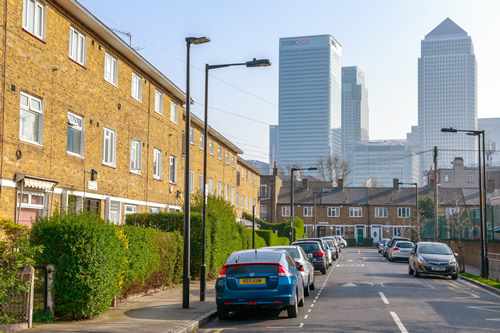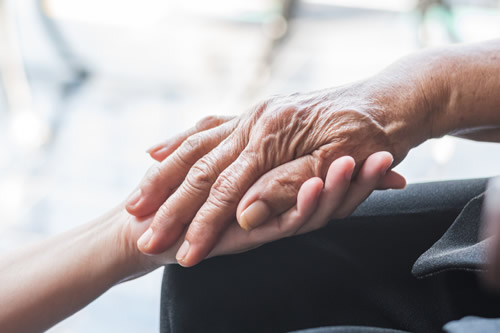Maximising public adoption rates of the COVID-19 contact tracing app
Cass Business School study finds that a contact tracing app designed to help in the fight against COVID-19 could achieve widespread adoption levels in the UK, providing the NHS and not the government oversees it.
The 2020 COVID-19 pandemic has seen governments, the private sector, universities, and other institutions mobilise in an urgent scramble to find ways to cure the virus, and to manage current and future infection rates.
One potential tool in the fightback against the disease is a "contact tracing" mobile phone app. Contact tracing is a way of determining who an infected person has been in contact time during the time they were infectious. A contact tracing mobile phone app could alert users if they have been in contact with someone who later reports they have contracted COVID-19.
Concerns that such apps could pose risks to an individual's privacy and data protection have led to doubts that the public would adopt the technology. A new study from researchers at Cass Business School aims to predict how accepting of a contact tracing app the UK population would be.
It found that it is possible to implement a privacy-respecting contact tracing app that can achieve widespread adoption in the UK, but only if the NHS, rather than the government, run it.
The researchers asked a representative sample of 2061 UK adults to choose between different contact tracing app configurations. This information was used to estimate their preference for various features. They have then simulated adoption rates for 4 specific app configurations.
Results for the "Expected NHSX" app, which is the configuration closest to what is expected will be rolled out, showed the lowest adoption rate, that of 51.1%. A "Big Brother" configuration, the most invasive choice, offers priority access to testing but remains overseen by the government, and did not score much higher.
The configuration which scored the highest adoption rate, of 77.6%, came under NHS oversight and offered priority access to testing. This "Maximum Adoption" app is also quite invasive. A demonstration of the fear COVID-19 has instilled in people is the finding that respondents are willing to share more data and tolerate greater intrusion into their lives at this time than they would normally be.
This simply underlines the great responsibility those who design and roll out a contact tracing app have, to ensure that in fighting the threat of the coronavirus outbreak the public's willingness to assist is not abused.
The researchers do not recommend that such an intrusive app is deployed. Based on their simulations, the researchers recommend a contact tracing app that strikes a balance between maximising adoption while safeguarding privacy and civil liberties. The app would therefore have the following features:
- Oversight of the app by the NHS
- Priority access to testing for people using the app and in self-isolation
- Not used to monitor or enforce self-isolation
- Voluntary use of the app
- Data only stored for 14 days
- Voluntary reporting of test results
- Anonymous contact tracing
- Does not upload location data
- Alerts for confirmed and suspected infections
- Works internationally
In their simulation, this "Recommended" app achieved 73.5% adoption, signficantly higher than the NHSX app.
The researchers do however caution that adoption rates found in the study occur under ideal conditions in which everyone is informed about the app, and that actual adoption rates will be lower.
The White Paper Predicted Adoption Rates of Contact Tracing App Configurations is available for download at SSRN.




